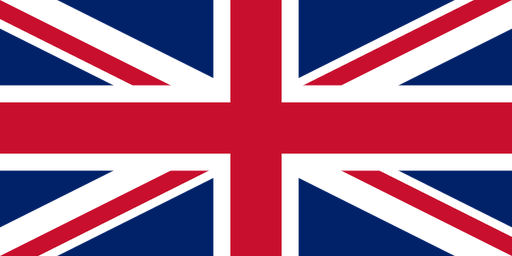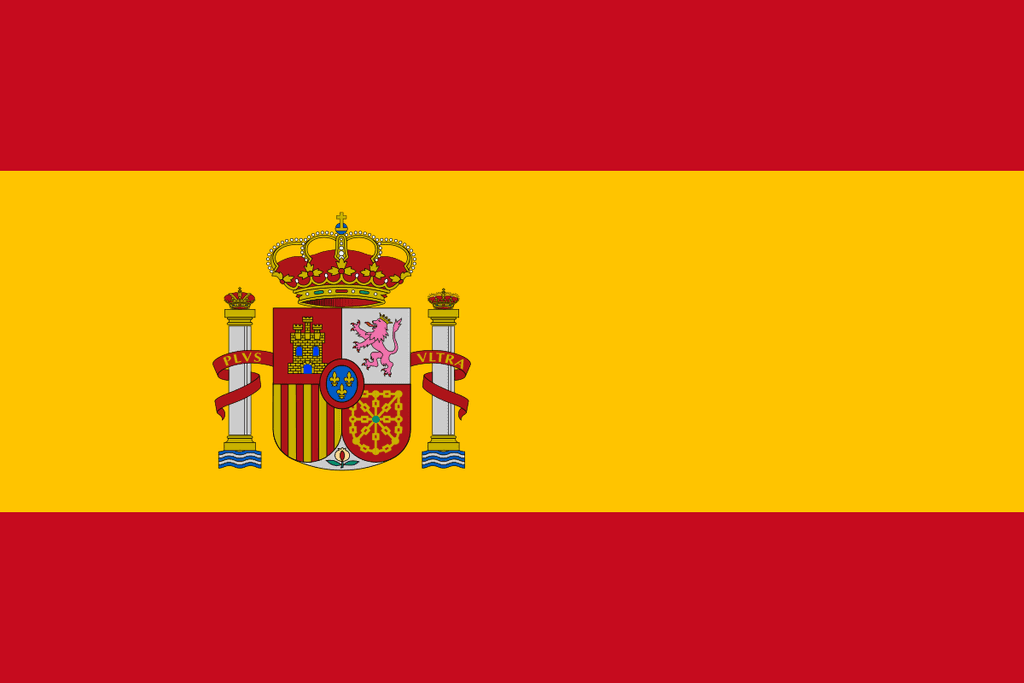Automate Risk Assessments & Legal Due Diligence
Achieve Seamless EUDR Compliance
Uncertainty with EUDR? You are not alone.
The EU Deforestation Regulation (EUDR) requires businesses to prove their supply chains are deforestation-free, but meeting these standards comes with significant challenges.
Complex Supply Chain Traceability
We know how difficult it is to track products across multiple suppliers, especially with fragmented data.
Risk of non-compliance leading to setbacks.
Failing to meet EUDR requirements can mean market access restrictions, financial penalties, and reputational damage.
Time Consuming Due Diligence Processes
Manual compliance processes drain time and resources.
Get EUDR Compliant Today
Don’t wait for delays, penalties, or supply chain disruptions. Ensure your supply chain is deforestation-free and compliant.
Why Choose Orijin?
No need for multiple tools, We handle Everything from mapping to risk reporting.
Prove sustainability efforts to clients and stakeholders.
Our offline-capable tools, ensures field teams can collect data anytime, anywhere.
Easily generate PDFs, DDS reports, and GeoJSON exports for regulators.
Avoid penalties with real-time legal and deforestation risk monitoring.
Auto-submit Due Diligence Statements to TRACES or manage self-submissions effortlessly.
Save time and resources, eliminate manual tracking and reduce operational costs.
Get EUDR Compliant Today
Don’t wait for delays, penalties, or supply chain disruptions. Ensure your supply chain is deforestation-free and compliant.











